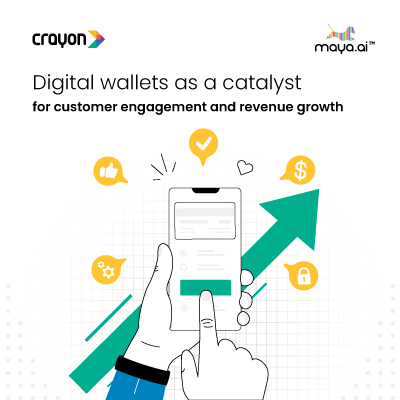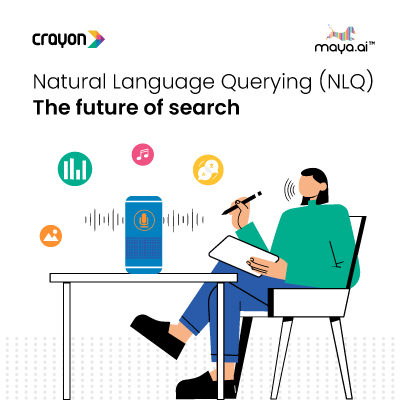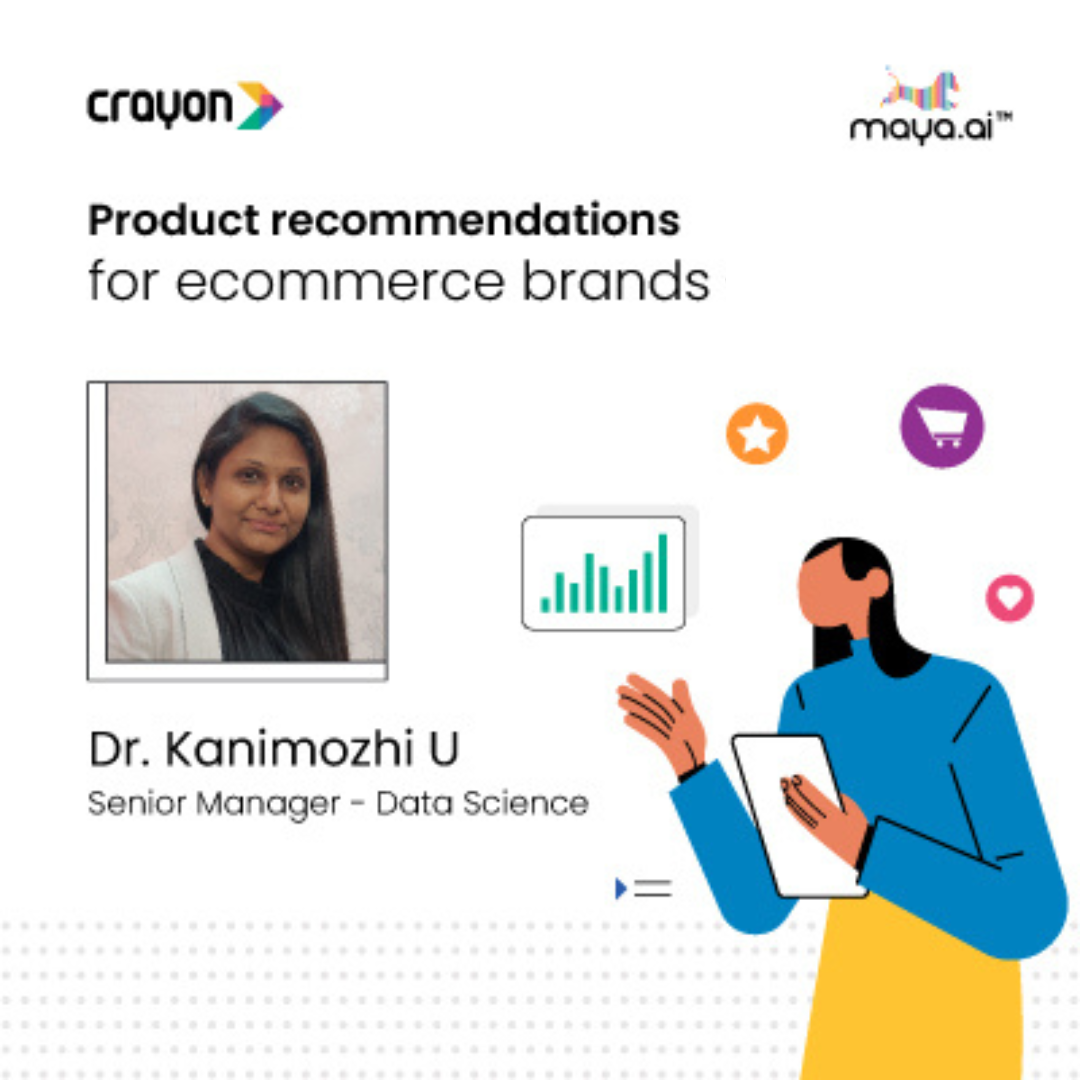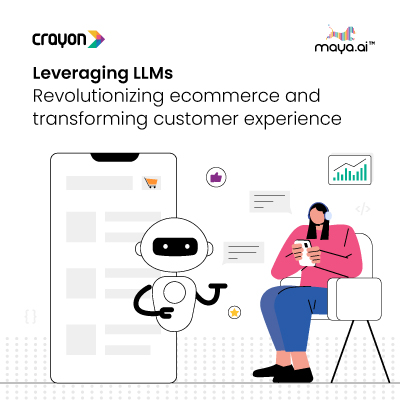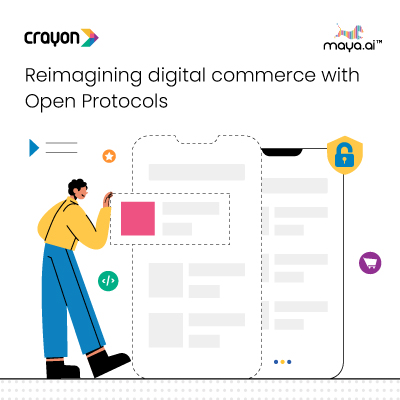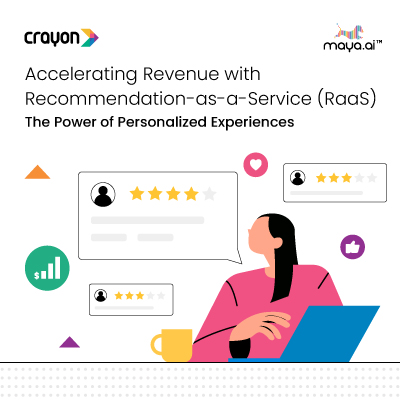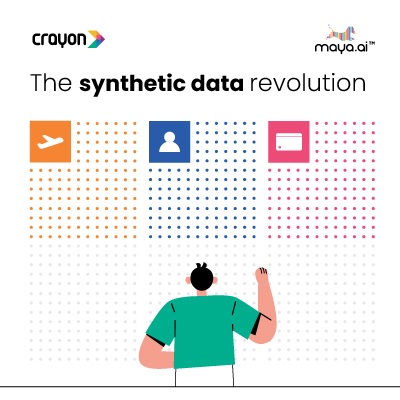Big data is big. The world’s largest companies have already embraced its potential and are finding new and exciting ways to harness and analyze this valuable marketing information. Companies are even springing up which have the sole purpose of mining big data and making it workable. Information as a service is here, and even the smallest of companies should be aware of its benefits. Here are nine ways big data is being used to benefit entrepreneurs and SMBs.
1. Discover the market appetite for your product
Before the internet came along, product testing for entrepreneurs tended to be fairly limited. Family members make willing guinea pigs, but they tend to be a little biased and they are not always the right demographic. Now, even the most newly established startups can access web data which highlights whether people are looking for that product, why they need it and what they are willing to pay or go through to access and use it. Scaling up data can give a far more accurate picture of market need and of the chance of success for a new product or service.
2. Use the data that already exists
A 2014 study discovered that data is doubling every year and that by 2020; there will be 44 trillion gigabytes of information out there in the world. Recent research suggests we are well on course to meet this prediction. Every company and every consumer is producing this data – make the most of it. Small businesses and entrepreneurs have a more limited market to capture data from, but chances are somebody else has already collected the information you need. Look for startups that offer data sharing, such as the Big Data Exchange.
3. Make the most of free tools
Google is a great place to start if you want to make use of commercial data and improve your company. Google Trends and Google Analytics provide real time information on keyword performance, search behaviour, local trends and global influences – all of which can be very useful when planning your own business direction, or bumping up your marketing plan. Open source programs like Hadoop and Spark capture data from the web and from your own files and transactions, and they combine this information in an easy to understand format.
4. Personalize your dialogue
Speaking to customers is no longer a cold, impersonal and random process. Adverts can be targeted directly to the people who need your product or service, and you can reach them at the right time and in the right way. Big data gathers all the things you need to know about your market, and allows you to drill down into what matters to them. By getting to know your customer, you can speak to them in a more personal manner and build a better, more profitable relationship.
5. Retarget advertising through data mines
Entrepreneurs do not have the advantages that big brands have – new names are forgettable, and the competition for ad space means getting noticed is tough. However, clever use of cookie data mined through third parties can assist with getting targeted adverts to the people who visit you. This reminds them that you exist, that you have a great product and that you are easy to find online. “About 30% of our business now comes through adverts we place via desktop cookies – essentially a 700% ROI, and at just a quarter of the PPC costs,” said Michael Hawson of leisure retailer MHX Online.
6. Keep social media in mind
There are 35.7 million social media users in the UK alone. Even sole traders and SMBs can improve their reach and capture interest from a wider audience: the world is open to trade thanks to the power of the internet. One of the key benefits of social media for businesses is the data it holds about customers – which can be used to your advantage. Social Mention is a great free tool for checking which topics are trending, and how many people are talking about them. Use to gather real information about your brand, such as shares on social media and tags in product-related posts.
7. Identify new revenue streams
As an entrepreneur, you want to help people with your products and services. This means identifying where there is a market gap, and filling it. When you use large data sets to analyse your work, you might find that your product lends itself to another line of income. Finding multiple revenue streams can drastically increase profits. For example, a retailer might use data analytics to see that people search how to use their product: writing an e-book guide would solve this problem, boost sales and add a revenue stream in the process.
8. Apply wider market trends to your smaller marketplace
Using tools like Quantcast, which collects data about consumers from their online habits and converts it into helpful tips for companies, you can establish exactly who wants your product, where they are and how they shop. From major brands to the smallest local companies, understanding who your audience is will help you sell to them in the right way. “We use analytics to establish what time of day most people shop at different retailers, and make our offers highly visible at those times,” said by Swapnil K., Marketing Analyst of VoucherBin.
9. Tighten up your processes
As a small company, tracking those little inefficiencies can be tough. However, they all add up to losses over time. Whether it is missing calls, answering them too slowly, taking too much time over deliveries or not taking advantage of deals in time, there are always ways that you are losing money, which could be tightened up. Services such as the Amazon EMR framework pull all of your data together and help you work out those areas that are lacking, so you can make process changes for the better – and cut your costs along the way!
As you can see, there are many ways to embrace big data in enterprises of any size. The information required can be crowd-sourced if the company is not generating enough data itself, and there are plenty of companies and services which filter and sort it so that you get the helpful details you need. Expect big data to remain as the buzzword of the year in 2017, and get ahead of the trend by using it in your own business today.

